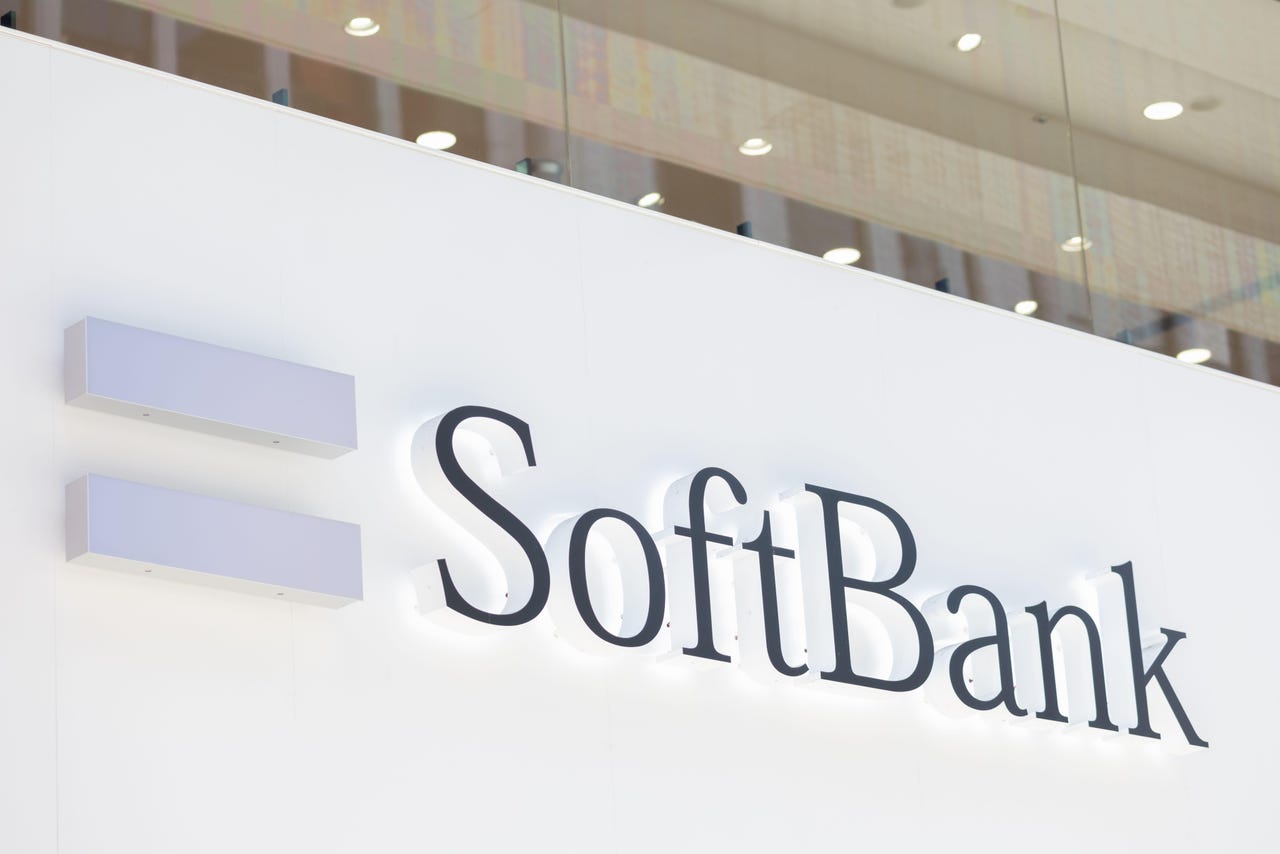Robert Clark, Contributing Editor, Light Reading
July 16, 2025
2 Min Read

(Source: SOPA Images Limited/Alamy Stock Photo)
SoftBank has put agentic AI at the core of its AI strategy, aiming to deploy 1 billion agents internally this year.
Speaking at a customer event Wednesday, CEO Masayoshi Son laid out a vision of a future workforce of trillions of AI agents – most of them working for other agents – that make decisions, negotiate and perform tasks.
SoftBank had already committed to doing away with human software development, he stated. "The era when humans program is nearing its end within our group. Our aim is to have AI agents completely take over coding and programming," he said, adding "we are currently initiating the process for that."
He said internally the company estimated it needed to create around 1000 agents per person – a large number because "employees have complex thought processes."
"The agents will be active 24 hours a day, 365 days a year and will interact with each other."
Almost no limits
Son estimates the agents will be at least four times as productive and four times as efficient as humans, and would cost around 40 Japanese yen (US$0.27) per agent per month. At that rate, the billion-agent plan would cost SoftBank $3.2 billion annually.
"For 40 yen per agent per month, the agent will independently memorize, negotiate and conduct learning. So with these actions being taken, it's incredibly cheap," Son said.
Related:'Ask AT&T' gives network management a GenAI facelift
While the CEO's intent is clear, details of just how and when SoftBank will build this giant AI workforce are scarce. Son admitted the 1 billion target would be "challenging" and that the company had not yet developed the necessary software to support the huge numbers of agents.
He said his team needed to build a toolkit for creating more agents and an operating system to orchestrate and coordinate them. Son, one of the world's most ardent AI evangelists, is betting the company's future on the technology.
He said the capabilities of AI agents had already surpassed PhD-holders in advanced fields including physics, mathematics and chemistry. "There are no questions it can't comprehend. We're almost at a stage where there are hardly any limitations," he enthused.
He acknowledged the problem of AI hallucination, but dismissed it as "a temporary and minor issue."
Son said the development of huge AI data centers, such as the $500 billion Stargate project, would enable exponential growth in computing power and AI capabilities.
The event included a cameo from Sam Altman, CEO of SoftBank partner OpenAI, who said he was confident about the future of AI because the scaling law would exist "for a long time" and that cost was continually going down.
Related:Indonesia advances digital sovereignty with new AI Center backed by IOH, Cisco and Nvidia
.png)




